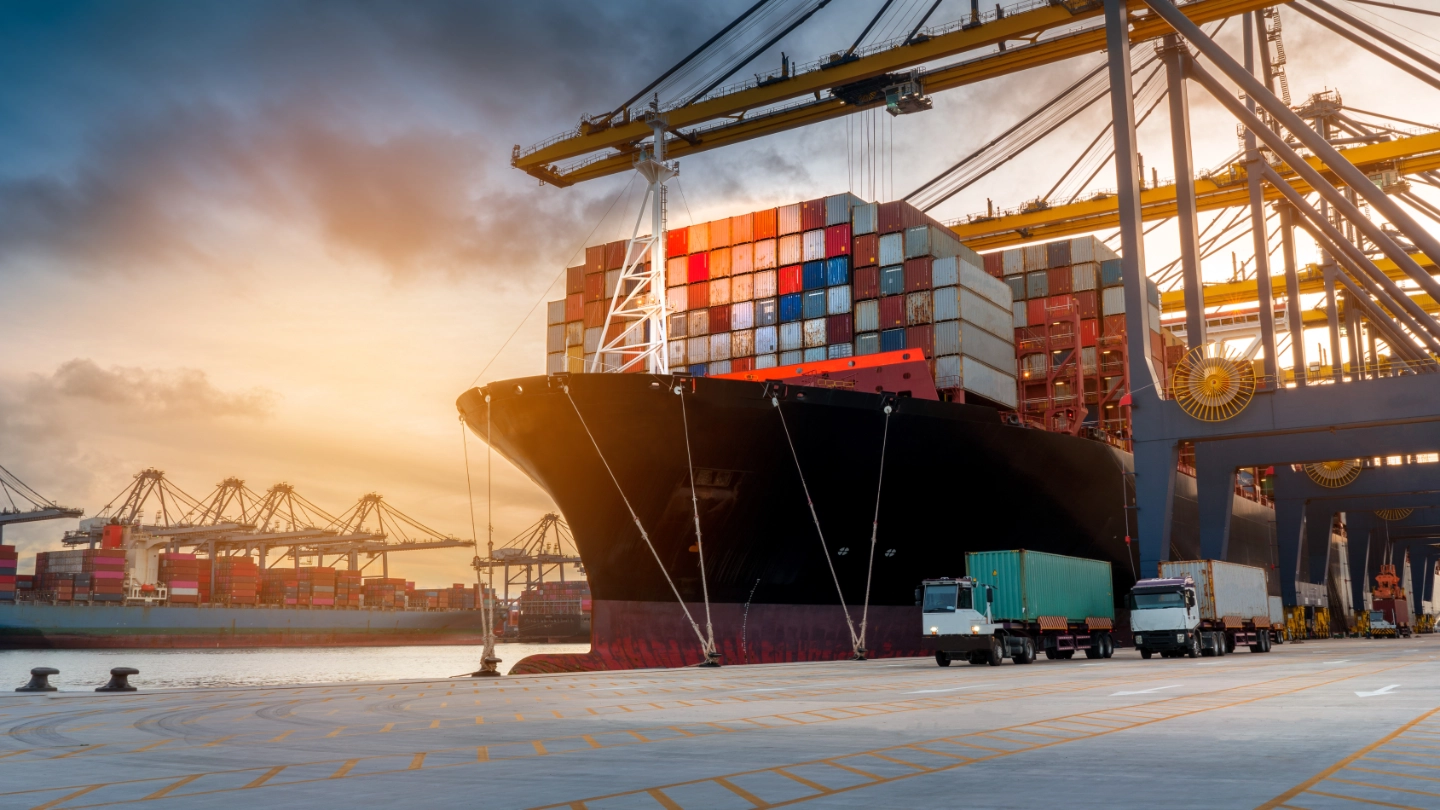
Insolvencies normalise, but trade war brings new risks

The promise and potential pitfalls of AI in international trade
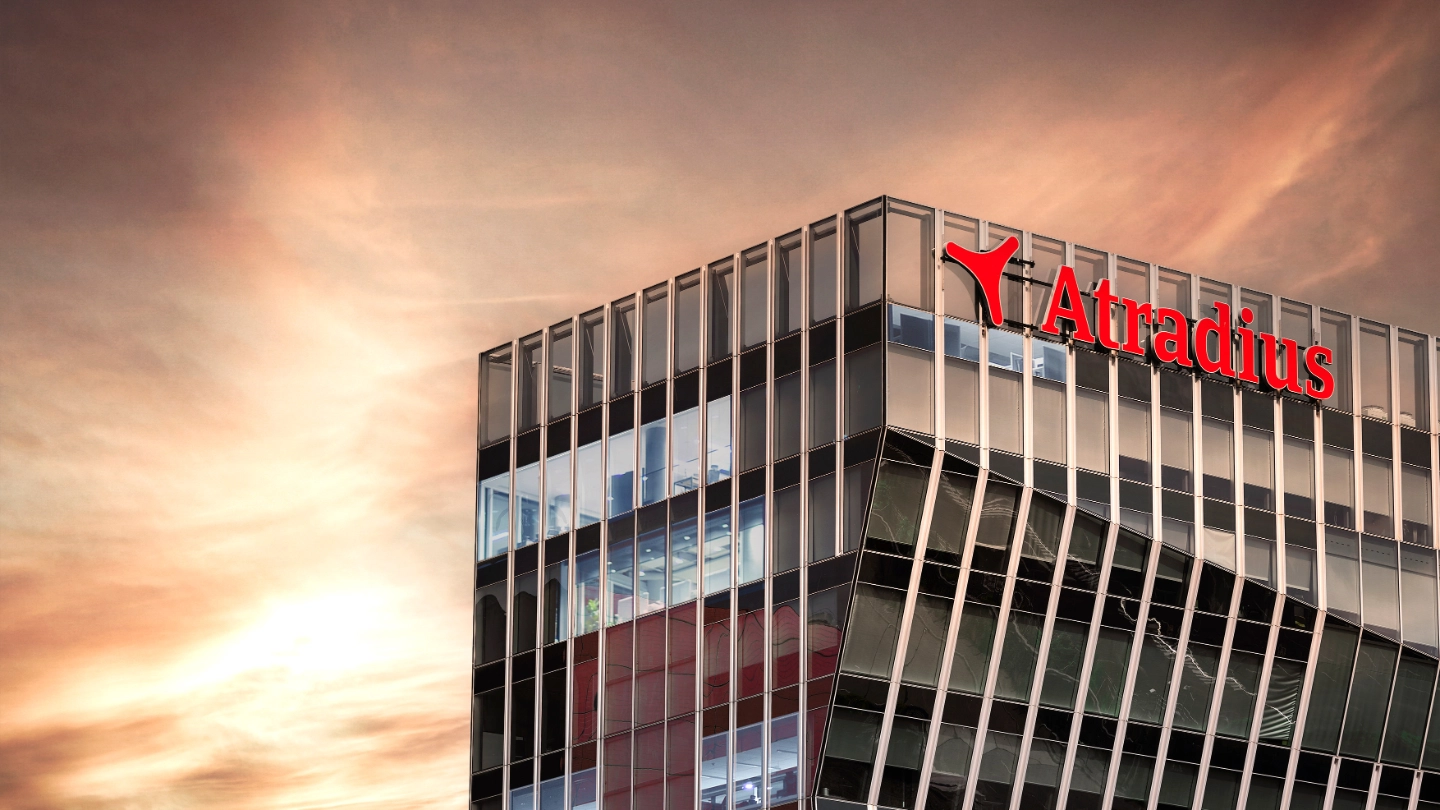
Why now is the time to buy trade credit insurance

Ten tips to get your customers to pay on time

Case studies

Testimonials
Tariff-related economic uncertainty still weighs on commercial construction activity
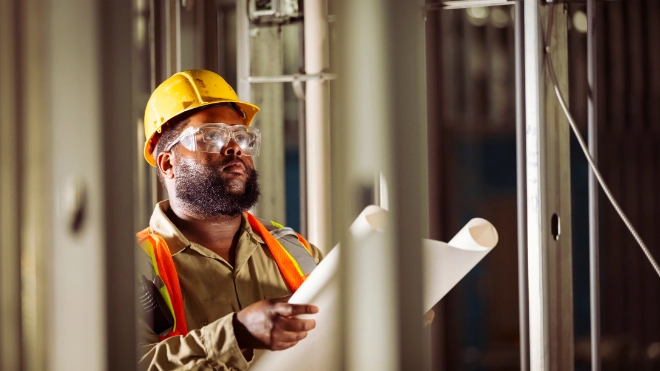

Accelerating AI demand drives one of world’s fastest-growing industries

Asia drives pharma growth, although outlook for all regions remains healthy

Amid a fragmented global landscape, the EU and India are pursuing different strategies to build economic resilience...

Discover how the global economy is navigating trade tensions and uncertainty, with AI investment driving resilience and shaping growth prospects for 2026 and beyond

Industry growth slows as global trade applies the brakes

Can South Africa's GNU party overcome tensions and structural challenges to unlock GDP growth?
Viewing 7 out of 178
Economic effects will be modest for the time being, but the agreement is likely to spur mutual key sectors´ exports and...


An investigation involving Fed chairman Powell may weaken trust in US monetary policy, adding global headwinds and...

When a U.S. company files for Chapter 11 bankruptcy, the effects often reach far beyond America. For European creditors,...

From energy markets to supply chains, Washington’s assertive moves are redefining sovereignty norms and...

Our Q1 of 2026 Industries Forecast per Market provides business performance and credit risk...

Europe hopes faster AI adoption will make up for lagging investment in platforms and infrastructure

Atradius Syndicate 1864 will help financial institutions manage trade credit risk more efficiently
Viewing 7 out of 68

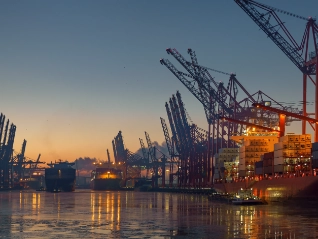



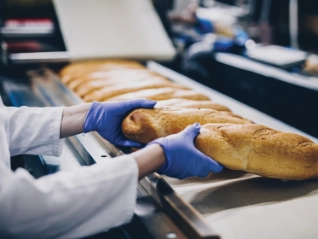
Viewing 7 out of 36
Trade credit insurance is far more than a safety net—it’s a strategic tool for SMEs.


Cultural variables shape payment behaviour, negotiation patterns and risk outcomes in cross‑border trade

Understanding what drives credit insurance costs gives businesses valuable insight into risk, so they can trade with confidence in any...

Longevity isn’t about nostalgia. It’s about resilience, adaptability, and purpose. Here’s why...

Smart strategies to protect cash flow, strengthen client relationships, and ensure invoices are paid on time...

Companies face credit risk when delivering goods without upfront payment, but with customised work this risk begins sooner

Find out the common late payment excuses and how to respond to safeguard your business's cash flow and...
Viewing 7 out of 36
Every customer is a...

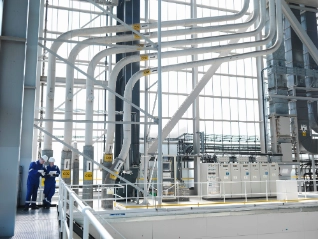
Compare Credit Insurance and Atradius partner to Preventing £500,000 loss for electrical engineering contractor

Managing Director William Buchanan explains how Atradius helped Gressingham Group achieve mitigate risk and support their growth plans
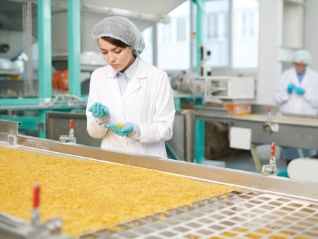
Supporting existing and new customers growth and volume requirements while continuing to innovate in a fast paced, high...

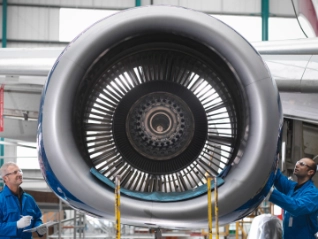
With the backing of Atradius’s resources, EnCom Polymers has been able to expand business with existing customers and go after new business...

With the backing of Atradius’s resources, EnCom Polymers has been able to expand business with existing customers and go...
Viewing 7 out of 12
Calidad Pascual partners with international credit insurance firm Crédito y Caución Atradius to gain additional knowledge of international markets.


By providing open dialogue, insight and valuable credit information we helped Brook Green Supply improve their internal credit...

El Ganso credits our support in helping the fashion brand grow from a domestic-focused Spanish startup to a successful international business.

FERM (International) offers competitive payment terms and limits their credit risk to developing countries by using Atradius Dutch State Business (DSB) and...

Our agility and local knowledge of worldwide markets and buyers are key reasons why textiles business Georg Jensen Damask say they collaborate...

Janson Bridging (International) uses export credit insurance from Atradius Dutch State Business (DSB) to offer favourable credit terms to customers...

Late payers prompted content marketing agency KMOdynamoo to take out an Atradius credit insurance policy and has resulted in better debtor management.
Viewing 7 out of 9




































